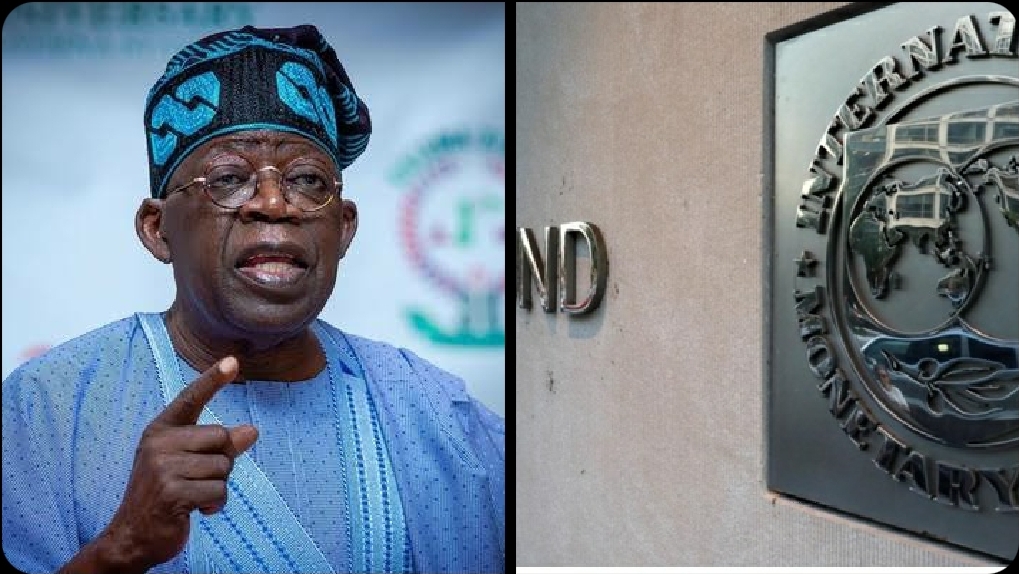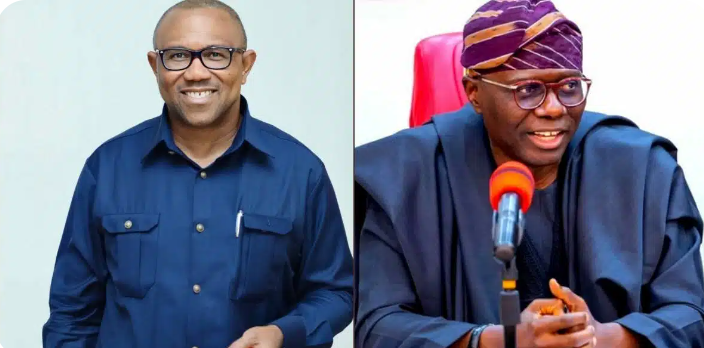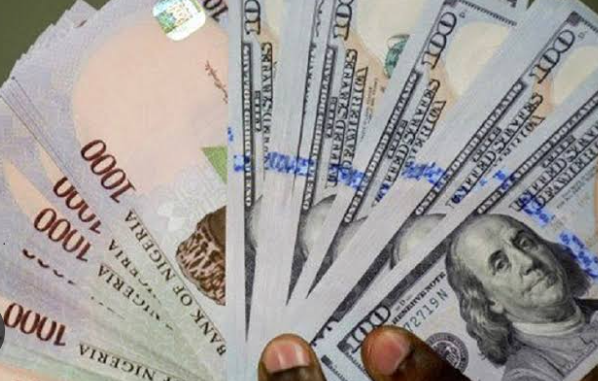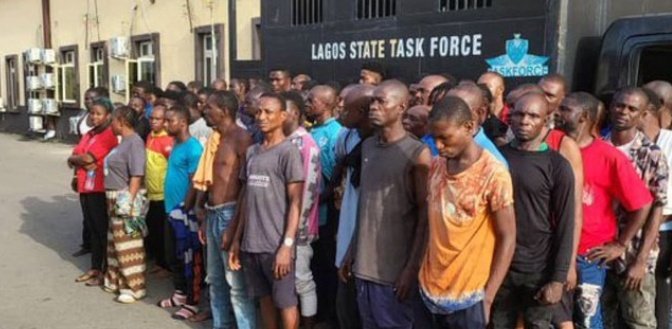
BREAKING NEWS: Nigeria Completes $3.4bn IMF Loan Repayment – A Milestone in Post-COVID Recovery

In a significant financial development, Nigeria has successfully cleared the principal amount of a $3.4 billion loan obtained from the International Monetary Fund (IMF).
The loan, fully disbursed on April 30, 2020, was part of the IMF’s Rapid Financing Instrument (RFI) designed to provide emergency support to nations grappling with the economic fallout of the COVID-19 pandemic.
Nigeria made its final principal payment on April 30, 2025, marking a crucial step in its journey toward economic recovery following one of the most challenging periods in its recent history.
The $3.4 billion loan was secured at a time when Nigeria was reeling from the devastating effects of the global health crisis.
The pandemic brought about a sharp decline in oil prices—Nigeria’s primary export and a cornerstone of its economy—triggering a deep recession in 2020, the worst in four decades, as highlighted by the World Bank’s Nigeria Development Update report.
This economic downturn was compounded by reduced foreign remittances, capital outflows, and heightened risk aversion in global markets, all of which strained Nigeria’s fiscal space.
The RFI loan was intended to provide immediate liquidity to address urgent balance-of-payments needs, bolster the healthcare system, and shield businesses and jobs from the economic shock.
The repayment of this loan within five years demonstrates Nigeria’s commitment to meeting its international financial obligations.
The RFI loan structure allowed repayments to begin in the third year, with the full principal cleared by April 2025.
However, despite this achievement, the country is not entirely free of obligations related to this loan. According to IMF financial data, Nigeria still faces interest payments, with approximately $30.24 million due in 2025.
These additional charges highlight the ongoing fiscal challenges the country must navigate as it seeks to stabilize its economy.
The broader context of Nigeria’s economic situation reveals both progress and persistent vulnerabilities. The World Bank noted that Nigeria exited its 2020 recession as COVID-19 restrictions eased and oil prices began to recover.
Government policies, such as those aimed at protecting vulnerable households and supporting businesses, played a role in mitigating the crisis. However, the recovery has been uneven.
Nigeria’s GDP per capita continues to decline, as economic growth has not kept pace with population growth. By the end of 2021, the country’s GDP was projected to revert to 2010 levels, effectively wiping out a decade of economic gains.
This underscores the structural challenges Nigeria faces, including low international reserves, limited fiscal space, and the need for sustained reforms to ensure long-term financial stability.
Public reactions to the loan repayment, as seen in responses on X, reflect a mix of cautious optimism and skepticism.
While some view the repayment as a positive signal of economic recovery, others question its tangible benefits for ordinary Nigerians, pointing to persistent issues like inflation, unemployment, and inadequate healthcare improvements during the pandemic.
Additionally, concerns remain about Nigeria’s overall debt burden, with questions about other loans, such as those from China, and the country’s ability to reduce its reliance on borrowing in the future.
This milestone in repaying the IMF loan is a step forward for Nigeria, but it also highlights the need for deeper reforms to address systemic economic challenges.
As the country moves beyond the immediate aftermath of the COVID-19 crisis, ensuring sustainable growth and improving the lives of its citizens will require careful fiscal management and strategic policy decisions.
The road to full economic recovery remains long, but this achievement offers a glimmer of hope for Nigeria’s financial future.


